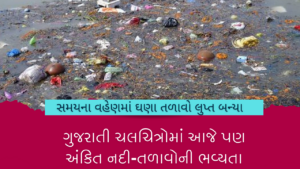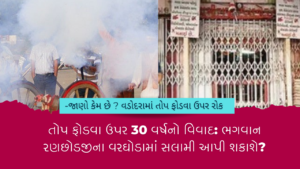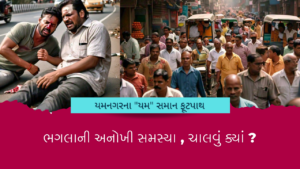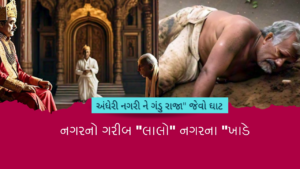The Good Samaritan Law
In India, around 13 lakh people have been killed in road accidents in the last ten years, and the most noticeable fact is that almost 50% of these victims could have been saved if they had received treatment on time. In such situations, a bystander who is not taking any action to save the victim is as guilty as the accused. Yet, bystanders are hesitant or refuse to help the victim due to a fear of the legal inconvenience that comes after that.
So, what is a Samaritan? A Samaritan is someone who is willing to help those in need without expecting anything in return. Many people volunteer to provide emergency care in medical emergencies or accidents, but factors such as legal procedures or fear of police officers prevent them from doing so.
 On March 26, 2016, the law of good Samaritans was issued by the Supreme Court of India. The main purpose of this law is to provide legal protection for bystanders who come to the aid of the injured without any expectations. Later, this law was included in the draft of Motor Vehicle Act 2019. The Good Samaritan Law protects the person who provides medical or emergency care when trained help is unavailable, to the injured in an incident without recognition or reward, and when the person is not the cause of the incident.
On March 26, 2016, the law of good Samaritans was issued by the Supreme Court of India. The main purpose of this law is to provide legal protection for bystanders who come to the aid of the injured without any expectations. Later, this law was included in the draft of Motor Vehicle Act 2019. The Good Samaritan Law protects the person who provides medical or emergency care when trained help is unavailable, to the injured in an incident without recognition or reward, and when the person is not the cause of the incident.
As per the polls done by Our Vadodara and Our Ahmedabad, it was profoundly noticed that many of our citizens are not aware that “Good Samaritans’ Law” even exists and that Samaritans are very well protected.
- An article by Shivani Gadre




























